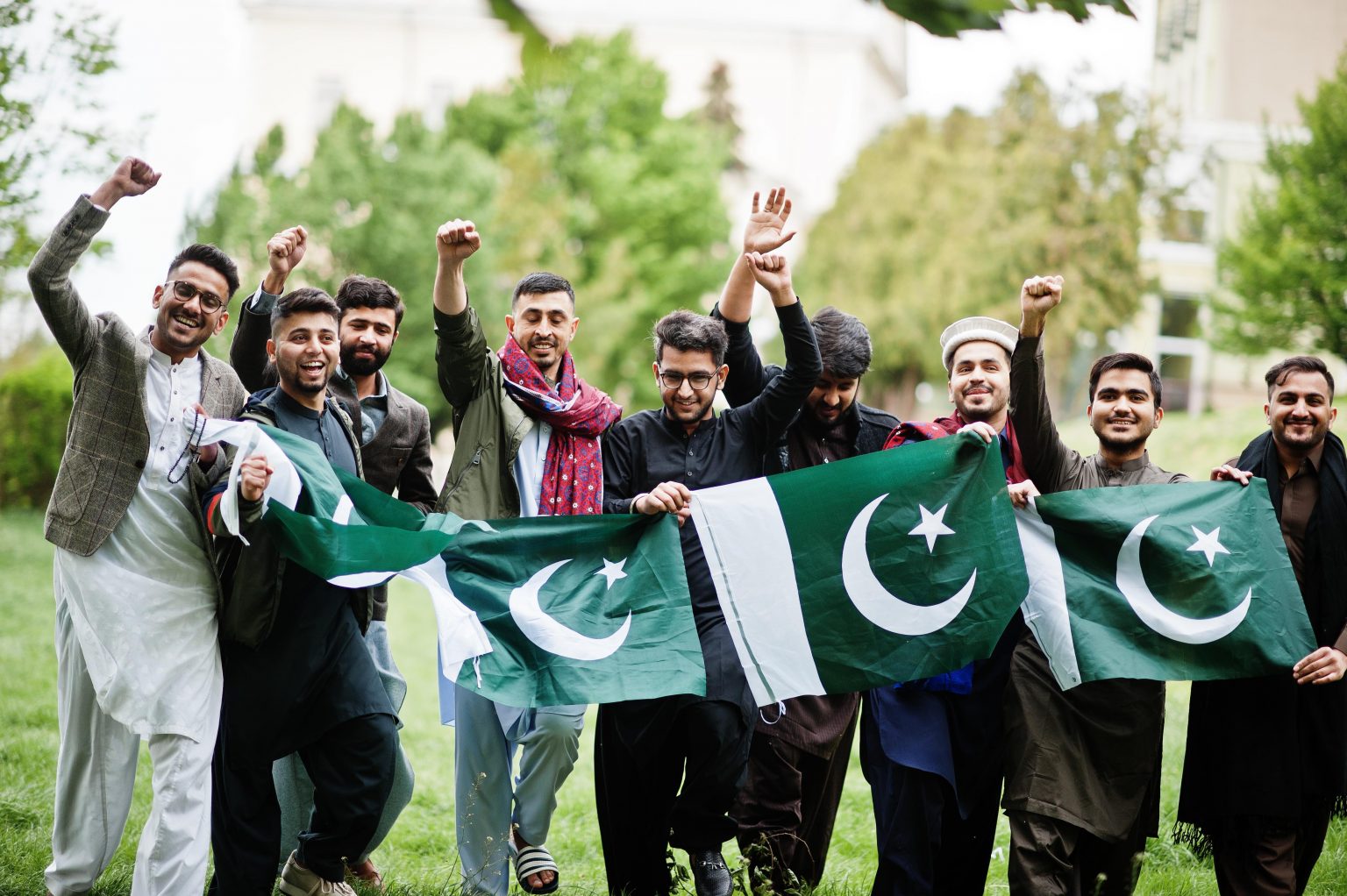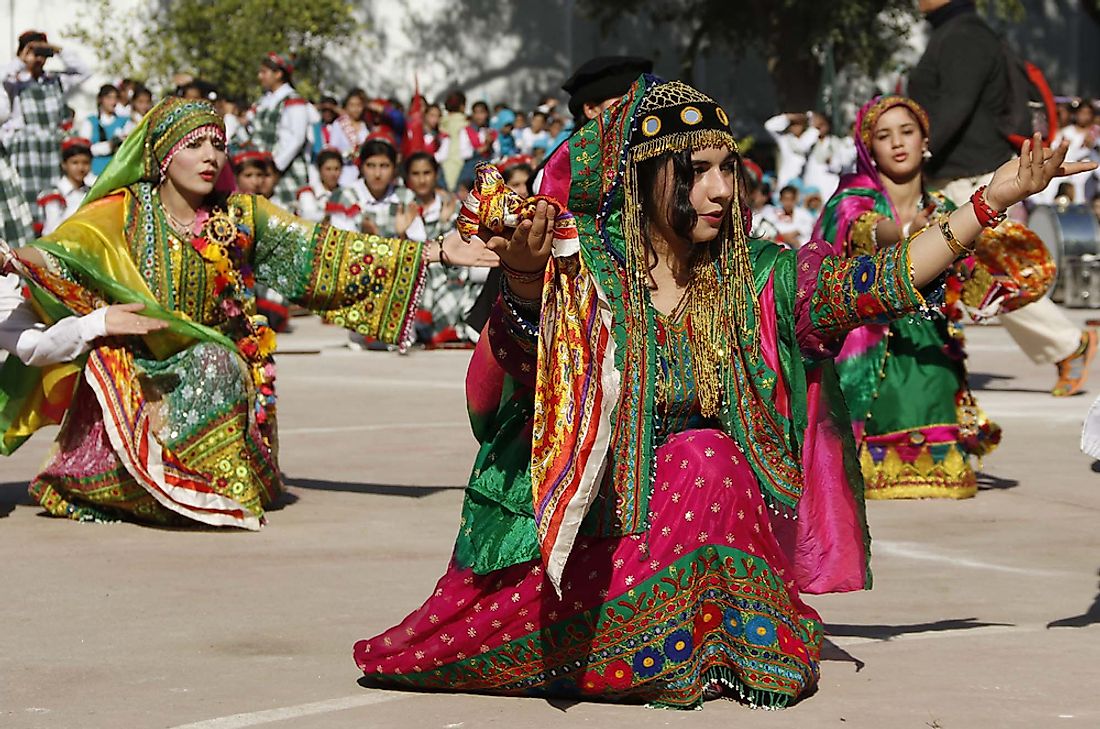Finding information online, it's almost a daily thing for many of us, isn't it? Whether we're looking up a recipe, trying to understand a news story, or just connecting with someone, the internet is where a lot of these searches happen. People, you know, look for all sorts of things, and sometimes what they're after might be a bit sensitive or private. It's a very common practice, this searching for knowledge or connection, and it shapes our daily routines.
When we think about places like Pakistan, it's worth considering how that online world might operate a little differently, especially when someone searches for something like "pakistani gay video." There are, you know, specific ways that information flows, or sometimes doesn't flow, in certain parts of the world, and that can really shape what someone sees or even tries to find. The digital landscape there has its own particular quirks, which are worth exploring, as a matter of fact.
So, we're going to talk a little about the digital landscape there, and what it might mean for folks looking for particular kinds of content, drawing on some general insights about the country's online environment and how people interact with it, you know, in some respects. We'll touch on how communication works, what influences what people see, and how online tools fit into daily life for many Pakistanis.
- Bombastic Side Eye Meaning
- Pov Mom And Son
- Brainrot Fanum Nights
- Color Illegal To Use On Cars
- Just Gimme My Money Kai Cenat
Table of Contents
- What Shapes Information Access in Pakistan?
- Digital Connectivity and Finding "pakistani gay video"
- Cultural Fabric and Public Discourse
- How Does Society Influence What We See About "pakistani gay video"?
- Online Platforms and User Experiences
- Are There Hurdles to Finding "pakistani gay video" Content?
- The Evolving Role of Women and Online Presence
- What Does the Future Hold for Digital Expression, Even for "pakistani gay video" Discussions?
What Shapes Information Access in Pakistan?
The way people get their information, and how they connect with others, can be quite distinct depending on where they live. In Pakistan, for example, the government keeps a close eye on things, you know, officially recognizing folks living outside the country as "overseas Pakistanis." There's even a special part of the government, the Ministry of Overseas Pakistanis and Human Resource Development, that works to look after their specific needs. This shows a real focus on its citizens, even those far away, and how they stay connected, or try to, in a way.
But when we talk about staying connected, there's another side to the story, too. Sometimes, during times when there are protests or public unrest, the government has, you know, in the past, turned off mobile phone and internet services. This makes it really tough for people to get in touch with each other, or even to find out what's going on. It's a practice that can, you know, really change the flow of information for everyone, and it's a very important aspect of the digital experience there. This kind of disruption can have a big impact on daily life and how people share news or just keep up with family and friends.
Imagine trying to reach someone, or access a particular website, and suddenly, the connection just isn't there. This experience, you know, of service being cut off, means that finding any kind of content, even something specific like a "pakistani gay video" if someone were looking for it, becomes incredibly difficult, or perhaps impossible. It's a reminder that access to digital information isn't always a given, and that external factors can play a huge role in what people can and cannot see online, which is that, a significant challenge for many.
- What Does Wygg Mean In Texting
- Stepmom On Vacation
- Hooters Uniform 1997
- Two Men And One Horse
- Does Kai Cenat Have Adhd
Digital Connectivity and Finding "pakistani gay video"
The digital world, for many, is a place where you can find almost anything, but that's not always the case everywhere. When we consider how people might try to find something specific, like a "pakistani gay video," the general situation with internet access and government oversight becomes a very important part of the picture. The ability to connect online isn't always smooth sailing, and that can really shape what someone is able to locate, or even if they can begin a search at all, you know.
Think about the times when cellular and internet services are just turned off. This isn't a rare occurrence during periods of public demonstrations or civil unrest. For individuals trying to contact family, friends, or even just check the news, this creates a massive hurdle. So, if someone were trying to find something particular, like content related to "pakistani gay video," during one of these shutdowns, they would simply be out of luck. The very infrastructure for searching and sharing information would be unavailable, which is that, a pretty fundamental barrier.
This kind of digital interruption highlights how the online landscape is not just about what content exists, but also about the pathways to access it. The challenges faced by people trying to communicate or access general information also apply to more specific or sensitive searches. It means that the mere act of looking for something like "pakistani gay video" is influenced by the broader environment of digital control and availability. It’s a context where, you know, simply being online isn't always a guarantee, and that's a key point to remember.
Cultural Fabric and Public Discourse
A country's way of life, its traditions, and how people interact with each other really set the stage for everything, including what's talked about openly and what's kept private. When we think about Pakistan, there's a lot to learn about its culture, society, and how people behave. There are specific ways of doing things, from manners to how people interact in public, and these guidelines shape daily life for everyone, you know. It’s a complex mix of customs and beliefs that influence how people communicate and what topics are considered appropriate for discussion.
For instance, the food tells a story, too. Pakistani dishes often include yogurt, which, you know, helps to soften the strong flavors of the spices that are used a lot in cooking. And wheat, in the form of flatbread, is a main food for most people. These everyday things, like food and mealtime, are deeply woven into the social fabric, showing how community and shared experiences are very important. It's a simple example, but it shows how traditions are passed down and how they shape the daily routines of a lot of folks, you know, in a way.
The culture is, in some respects, quite traditional, with a family structure that has historically given more authority to men. However, this is, you know, slowly changing. Women are taking on more prominent roles in family life, at work, and in society, which is a really big shift. This growing presence of women in public life means that conversations and viewpoints are changing, too. This evolution in societal roles can, you know, influence what topics are discussed more openly, and how different ideas are received by the community. It’s a gradual process, but it’s definitely happening.
How Does Society Influence What We See About "pakistani gay video"?
The general way a society works, its unspoken rules, and how people talk about things can have a big effect on what kinds of information are shared or even searched for online. When we consider a search term like "pakistani gay video," it’s important to remember the broader cultural environment in Pakistan. The traditional structures, even as they change, influence what is considered acceptable to discuss publicly or privately, and that, you know, definitely extends to online spaces.
For example, the fact that Pakistani culture has been, and in many ways still is, quite patriarchal, means that certain topics might not be openly talked about in public settings. Even with the tremendous growth in women's roles, which is a really positive development, there are still established ways of thinking about family and society. This can mean that discussions around certain personal topics, or those that challenge traditional norms, might happen more discreetly, or perhaps not at all in mainstream public forums, you know, more or less.
So, if someone is looking for content like "pakistani gay video," the social background plays a big part in how easy or difficult that search might be. It’s not just about internet access, but also about the prevailing attitudes and what is generally accepted in public discourse. This societal influence means that information on sensitive subjects might be less visible, or require more effort to find, because it exists outside of commonly accepted public conversations. It's a subtle but powerful force, you know, that shapes the online experience for many.
Online Platforms and User Experiences
Many people around the world use social media to stay connected, and folks in Pakistan are no different. Facebook, for instance, is a really popular way to keep in touch with loved ones. There's even a special version, Facebook Lite, which is an official, smaller application. It's designed to let people read their news feed and post updates using a simpler interface, which is very helpful for those with slower internet or phones with less storage. It makes the experience, you know, a bit more accessible for more people, which is great.
But sometimes, using these platforms can come with its own set of challenges. Imagine forgetting your Facebook password and not being able to get into your account. There are times when people can't log in, even if they don't have access to their email or phone number linked to the account. This can be a real headache, and there are articles out there that try to explain how to get your account back in these tricky situations. It's a common problem, you know, that many users face, which is that, a bit frustrating.
And it's not just about passwords. People sometimes have trouble with the apps themselves. Someone might want to remove Facebook from their computer and then put it back on, but then find they can't attach files to messages or that their typing doesn't appear correctly. Or, perhaps, their account gets blocked by Facebook's administration, and they've forgotten the password for the email linked to it. These technical issues can really mess with a person's ability to use the platform, and that, you know, can be a real barrier to staying connected.
Are There Hurdles to Finding "pakistani gay video" Content?
When people try to find specific things online, especially something like "pakistani gay video," the general challenges of using internet platforms can become even more apparent. It's not always a straightforward path to finding what you're looking for, especially if there are technical glitches or access issues. The very tools people use to connect and search can sometimes create their own set of problems, which is that, a bit ironic.
For example, if you're trying to find something on Facebook, even if it's just a friend, you can use their search tool. But what if your account is blocked? Or what if you can't log in because you've forgotten your password, and the usual recovery methods aren't working? These kinds of common problems, which many users experience, mean that simply accessing the platform to perform a search, for any content including "pakistani gay video," can be a significant hurdle. It's like trying to open a door when the handle is stuck, you know.
Moreover, the general stability of internet service, as we talked about earlier, can also play a role. If cellular or internet service is interrupted, then no amount of clever searching or platform knowledge will help. So, while platforms like Facebook Lite aim to make access easier for more people, the underlying infrastructure and common user issues can still make finding any kind of information, even something as specific as "pakistani gay video," a real challenge. It's a combination of factors, really, that shape the online experience for many, you know, more or less.
The Evolving Role of Women and Online Presence
Society in Pakistan has been, for a long time, shaped by a structure where men generally hold more power and influence. However, this is, you know, slowly but surely changing. There's been a really big increase in the roles women play in family life, at work, and in the wider community. More women are stepping into public spaces and taking on new responsibilities, which is a pretty significant shift. This development means that the way people interact and the kinds of conversations that happen are also evolving, in a way.
This growth in women's participation means that there are more diverse voices and perspectives entering public discourse, including online. As more women become active in various aspects of life, their presence on social media and other digital platforms also increases. This means that the online environment itself is becoming, you know, a bit more varied in terms of who is posting, what they are talking about, and how they are connecting with others. It's a reflection of the changes happening in society at large, you know, in some respects.
When we think about the different groups that make up Pakistan, the largest group is made up of people from Punjabi backgrounds, with Pashtuns and Sindhis also forming significant parts of the population. This mix of different groups, each with their own traditions and ways of seeing the world, adds to the richness of the culture. As women from these various backgrounds become more active online, it contributes to a broader range of discussions and content, which is a really interesting development, you know, for the digital space.
What Does the Future Hold for Digital Expression, Even for "pakistani gay video" Discussions?
Considering the changes happening in society, especially with women taking on more public roles, it makes you wonder what the future of digital expression might look like in Pakistan. As more people, with different backgrounds and viewpoints, become active online, the kinds of topics that are discussed, and how openly they are discussed, could also change. This includes, you know, the possibility of more nuanced conversations around sensitive subjects, perhaps even those that might be linked to a search term like "pakistani gay video."
The general trend of society slowly moving away from very rigid traditional structures suggests that the online world might also become a place where a wider array of ideas can be shared. While there are still challenges with internet access and government controls, the increasing participation of diverse groups, including women, could lead to a more varied and open digital landscape over time. It's a gradual process, but the very act of more people engaging online means that the potential for different kinds of content and discussion, you know, grows with it.
So, while there are existing cultural norms and technical hurdles that shape what people can find or talk about online, the ongoing evolution of society itself points towards a future where digital spaces might become more inclusive. The ability to create, share, and access information, even for specific or sensitive topics, is tied to these broader societal shifts. It’s a dynamic situation, and it’s really interesting to see how the digital world in Pakistan will continue to adapt and reflect these changes, you know, as a matter of fact.
This article has explored the complexities of digital information access and cultural influences in Pakistan, drawing insights from various aspects of its society, technology, and governance. We looked at how government actions, like internet shutdowns, can impact the flow of information, making it challenging for individuals to connect and find content. We also discussed the rich cultural fabric, from culinary traditions to evolving societal structures, particularly the growing roles of women, and how these elements shape public discourse and online interactions. Furthermore, we examined common user experiences with online platforms like Facebook, including technical hurdles that can affect access and information retrieval. The aim was to provide a general context for understanding the broader digital landscape in Pakistan, especially concerning how information is sought and shared.



Detail Author:
- Name : Dr. Elisha Mueller
- Username : pwiza
- Email : flavie87@gmail.com
- Birthdate : 1983-03-06
- Address : 778 Bauch Fort Eddmouth, CO 79622-1292
- Phone : 1-435-854-4448
- Company : Johnson, Dietrich and Lemke
- Job : Welding Machine Operator
- Bio : Dolor velit est enim fuga et quia. Alias rem sapiente consequatur quia ea reiciendis ea. Sunt ex sit molestiae molestiae. Exercitationem odio ut ut.
Socials
instagram:
- url : https://instagram.com/dsauer
- username : dsauer
- bio : Assumenda perspiciatis ut earum voluptas omnis. Aperiam et dolor enim ea suscipit repellendus.
- followers : 1771
- following : 1322
twitter:
- url : https://twitter.com/sauerd
- username : sauerd
- bio : Eum cumque qui sed laudantium velit. Totam rerum tempore doloremque quia nulla.
- followers : 5471
- following : 2091
linkedin:
- url : https://linkedin.com/in/domingo.sauer
- username : domingo.sauer
- bio : Dignissimos et aut laboriosam ut maxime.
- followers : 1956
- following : 857
facebook:
- url : https://facebook.com/dsauer
- username : dsauer
- bio : Suscipit iusto laboriosam et qui omnis omnis et.
- followers : 1365
- following : 1398
tiktok:
- url : https://tiktok.com/@domingo_sauer
- username : domingo_sauer
- bio : Sequi eveniet quibusdam unde. Hic omnis animi neque sint quia.
- followers : 6221
- following : 2018